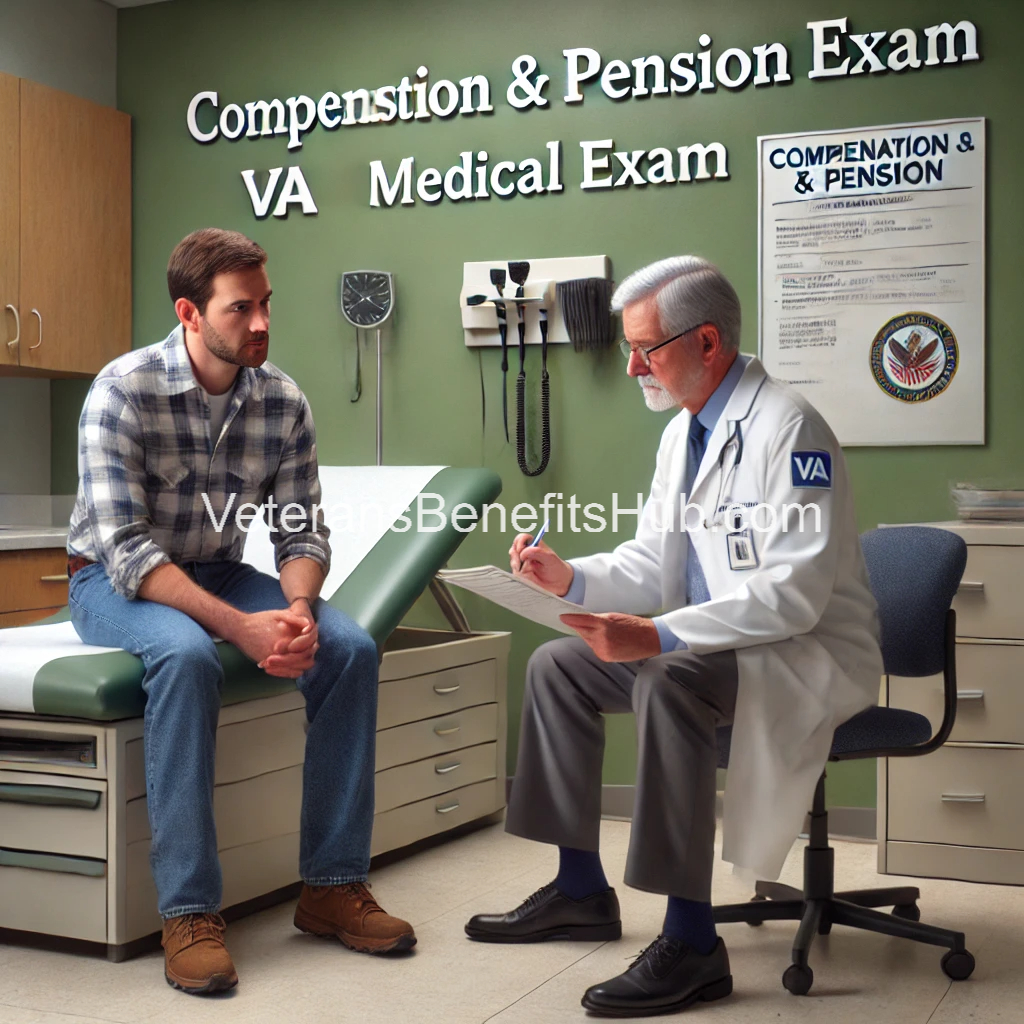New VA Disability Claims Update: No More Unnecessary C&P Exams?

The VA has officially updated the M21-1 manual as of March 10, 2025, clarifying when a Compensation & Pension (C&P) exam is necessary. This change is crucial for veterans who have submitted a private Disability Benefits Questionnaire (DBQ) and a Nexus letter, yet still find themselves scheduled for a C&P exam. The update confirms that the VA must first review all submitted medical evidence before determining whether an exam is required.
Key Updates in the M21-1 Manual
1. The VA Must Review Existing Evidence Before Ordering a C&P Exam
Previously, many veterans experienced unnecessary C&P exams even when their private medical evidence was sufficient. The new guidance explicitly states that a C&P exam should only be ordered if the evidence of record is insufficient to make a decision.
- If a veteran provides a completed DBQ and a strong Nexus letter, the VA must assess whether these documents provide enough detail to decide the claim.
- If the evidence is adequate, no C&P exam is required.
2. Adequate Medical Evidence Eliminates the Need for a C&P Exam
The VA now defines what qualifies as “adequate” medical evidence for rating purposes:
- A current diagnosis
- Proof of an in-service event, injury, or illness
- A Nexus (link) between the diagnosis and military service
If these three elements are clearly established through private medical evidence, a C&P exam should not be scheduled.
3. VA Must Justify Denying a C&P Exam
If the VA determines that a C&P exam is unnecessary, they must document their reasoning with “adequate reasons and basis.” This requirement prevents blanket denials or unnecessary exams that delay claims processing.
What This Means for Veterans
- Stronger Claims: Veterans who submit well-prepared claims with completed DBQs and Nexus letters may no longer face unnecessary C&P exams.
- Faster Decisions: Removing redundant exams could speed up the claims process.
- VA Accountability: The requirement for documentation ensures more transparency in how claims are evaluated.
Steps to Take for a Fully Developed Claim
To ensure your claim is as strong as possible:
- Obtain a completed DBQ from a private provider.
- Secure a well-supported Nexus letter linking your condition to military service.
- Provide any necessary private medical records to the VA using VA Form 21-4142.
- Request that the VA follow the updated M21-1 guidance when evaluating your claim.
Final Thoughts
This update is a significant step forward for veterans navigating the VA claims process. By ensuring that all relevant medical evidence is reviewed before scheduling an exam, the VA is reducing unnecessary delays and improving efficiency.
Disclaimer: This article is for informational purposes only and does not constitute legal or medical advice. Veterans should consult with a qualified VA-accredited representative or legal professional for guidance specific to their claims.
